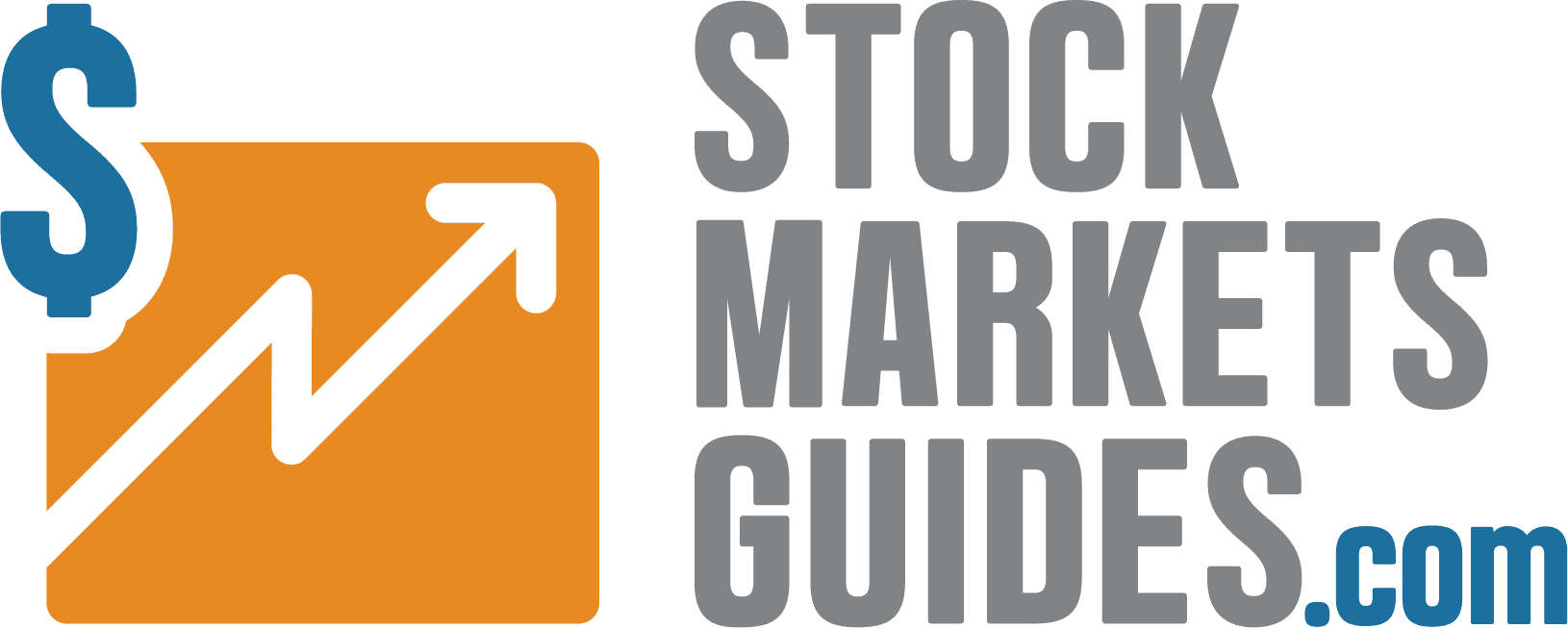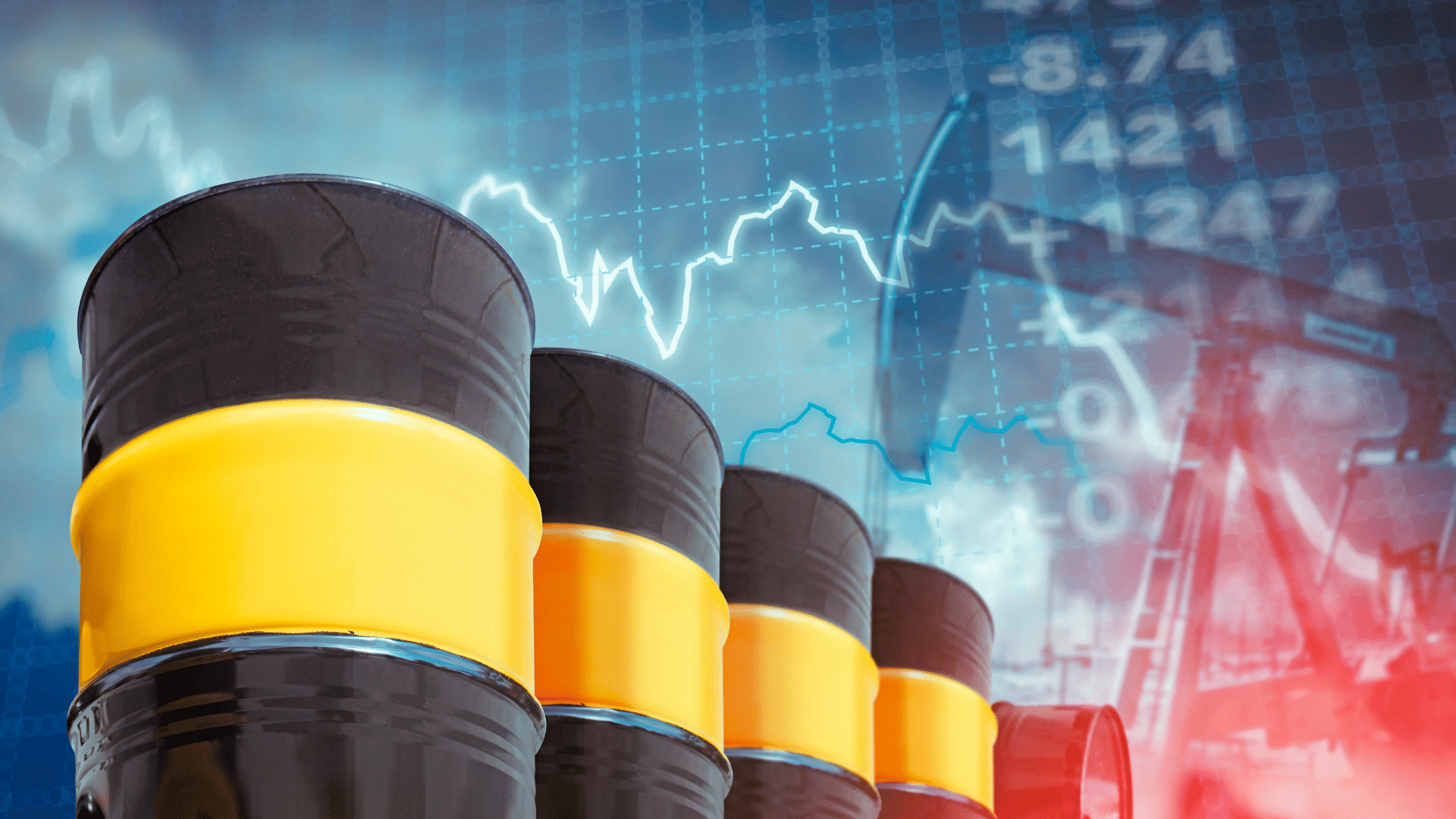When you are new to the stock market and the international commodity markets, you would often come across the terms options and futures trading.
When anyone mentions futures trading, chances are you’ll picture a slick Wall Street banker. For the longest period, futures have been associated with high-street finance, and for beginners, this may seem daunting. Let’s simplify this for you.
NOTE: You can get your free futures trading explained PDF below.
Futures Trading Meaning
Futures are futures contracts in which the seller undertakes to deliver the agreed quantity of an underlying asset at a fixed price and at a certain time and quality in a certain place.
At the same time, the buyer undertakes to accept them.
Unlike options, there is no right of choice for the buyer. The market price of the underlying asset at the time of performance of the contract is not relevant. This means that futures are legally binding for both sides. The seller and buyer undertake to buy or sell the underlying asset at the specified price at the end of the term. Once a trader enters into a futures contract, they are obligated to see it through at a future date as per the contract terms.
The concept of trading futures and why they exist in the first place can be better understood with an example.
Imagine you are a taxi driver who charges $5 per kilometre, and the fuel cost is your only expense at $3 per kilometre. Your profit margin is around 40%, i.e., $2 per kilometre. Since fuel cost is vital to the profit margin, if it were to increase to $4, the profit margin would drop by almost half.
To avoid this, as a proactive businessman, you decide to get into an agreement with a gas station to secure a year’s worth of fuel at a fixed price; this way, you no longer need to worry about fuel price fluctuations impacting your profits, this is essentially how a futures contract works.
The person who agrees to buy the commodity pays the forward price; in this case, the taxi driver and the person who shorts the contract agrees to sell at the forward price, in this case, the gas station.
When someone enters a futures contract, they are obligated to carry out the transaction for the underlying commodity in the future at the delivery date and prefixed forward price no matter what the asset’s current market value is. This is the crucial difference between trading in futures and options.
Options provide traders with the right to buy or sell, but no obligation to go through with the transaction.
When buying futures, if the value of the underlying commodity were to decrease and you had bought it at a higher forward price, you may incur significant losses.
Needless to say, as is with any investment decision, it is important to do proper analysis and study beforehand.
NOTE: You can get the best free charts and broker for these strategies here.
Futures Trading for Beginners
Futures contracts are derivatives meaning that their value depends on underlying assets.
Futures contracts can be drawn on just about anything – from goods to services – provided they can be priced. These underlying assets allow futures contracts to be divided into Financial Futures and Commodity Futures.
Financial futures often involve trading futures contracts of intangible assets like stocks, interest rates, currencies, and indexes.
Commodity futures are contracts for physical assets such as oil, metals, or primary raw materials.
These contracts are often traded on margin, meaning you can trade using the amount of capital you have multiple times.
The initial margin set by the exchange is the minimum amount of money required to enter into a contract. The customer margin is set by the regulatory bodies considering factors like market risk and the value of the contract.
Another trading term you will often encounter in futures trading is a ‘margin call,’ a margin call happens when your original margin has eroded.
The broker requests you to add new capital to restore the original margin amount. Each futures contract consists of the type of commodity or asset being traded, the month, and the year of contract execution. Months are labelled using alphabets as follows:
- January = F
- February = G
- March = H
- April = J
- May = K
- June = M
- July = N
- August = Q
- September = U
- October = V
- November = X
- December = Z
For example, CLG21 = Crude Oil WTI February 2021
Futures traders are categorized into two – hedgers and speculators.
Hedgers use futures to avoid unnecessary risks to their business or supply chain that may arise due to asset or commodities price fluctuations.
These are usually manufacturers or producers who want to protect their future bottom line by locking in specific prices for their core products or costs. Our earlier example of the taxi driver was an example of a hedger.
Speculators are traders in the capital market. They enter into futures contracts by speculating on the future prices of commodities to make a profit by taking advantage of these price fluctuations.
Futures Trading Example
Suppose you did some technical and sentimental analysis on crude oil prices, and you conclude that the prices will increase soon.
To take advantage of this situation, you buy an Oil futures contract for 5000 barrels of oil at the current market price of $50 per barrel, with an expiry of 30 days. This means you are set to receive the value equivalent to 5000 barrels of oil after 30days at the current market price of crude oil. So essentially, if the price of oil increases during this period, you will make a profit.
If the price of crude goes up by $5 during this period, you will have made a profit of $25000.
Conversely, if the price were to decrease by $5, you would have incurred a loss of $25000. Investors also have the option to roll over contracts, meaning they can close the existing contract and open a new one with an extended expiry date at the then-current market price.
This is a good way to avoid immediate losses; in fact, this is what happened to Oil futures during the onset of the pandemic.
As Oil prices plummeted, investors holding Oil futures had to roll over their contracts and enter into long positions to ride out the slumping markets until oil prices recovered.
Trading Commodity Futures
Commodities are primary raw materials used as input in other production stages; they can include agricultural products, mineral ores, and fossil fuels. They generally fall into one of three categories – metals, energy, and agriculture.
Metal commodities consist of metals like gold, silver, platinum, and copper, while energy commodities include crude oil, heating oil, natural gas, and gasoline. Agricultural commodities include rice, soybeans, wheat, corn, coffee, cocoa, and animal products.
The prices of various commodities are changing continuously in markets thanks to global variations in supply and demand. In this case, hedgers enter into futures contracts to supply specified quality and quantity of commodities at a predetermined price. This helps them avoid potential losses from future price fluctuations.
On the other hand, speculative traders enter into futures contracts to benefit from the potential price fluctuation that hedgers try to avoid.
For speculators, the primary advantage of futures contracts is the use of leverage. With futures contracts, they can afford to purchase a higher quantity of commodities that they would otherwise not afford to buy in the spot market.
A futures contract can be used to buy or sell a particular commodity asset at a predetermined price at a specified time in the future.
If traders expect the price of a commodity will rise, they buy their futures and take long positions. Conversely, if they expect the value of a commodity to go down, they resort to short selling.
Futures Trading Reddit
Thanks to the global lockdowns of 2020, social trading is on the rise. Over the past year, social media forums like Reddit have had a substantial impact on the capital markets, with Reddit emerging as the biggest disruptor.
The platform offers an excellent social discussion platform where users can share trading strategies, ask burning questions, dispel myths, and share relevant news.
The sheer quantity of information available is massive, and with careful filtration, it can prove to be an invaluable source of information. /r/wallstreetbets (10.7M+ members), /r/stocks (2.9 M members), and /r/investing (1.9M members) are some of the most popular trading subreddits.
There are even subreddits exclusive to trading futures like /r/FuturesTrading, with nearly 21,000 members.
Such niche communities will aid beginners in trading as you have a community of experts to chat with and ask questions, basically getting investment advice for free. Seasoned traders can also use these forums to share their knowledge and give back to the community.
Lastly
We’ve broken down futures trading in the simplest way possible.
Futures trading is all about betting on future price movements, and no one can definitively say in which way they will move.
Even after thorough analysis, the market can still go against you; it is best to have a sound risk management strategy to safeguard your investment. Futures are a great trading instrument to participate in the stock market, whether you’re a hedger or speculator.
NOTE: You can get your free futures trading explained PDF below.

Stelian is an aggressive, success-driven, and highly collaborative entrepreneurial trader with 13 years of experience trading within financial markets.
Stelian is a disciplined investor with a passion for trading and a solid understanding of global markets.


